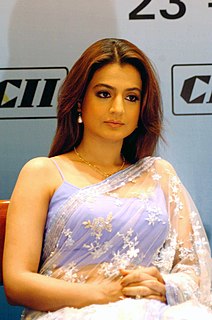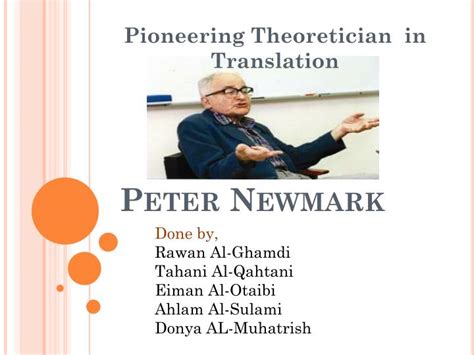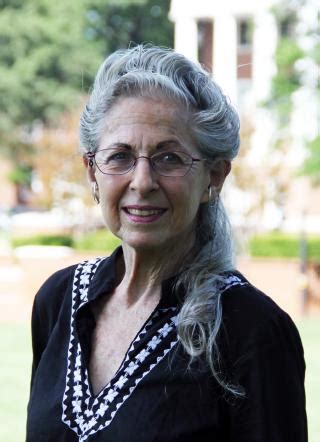A Quote by Vernor Vinge
Effective translation of natural languages comes awfully close to requiring a sentient translator program.
Quote Topics
Related Quotes
The translator has to be a good writer. The translator has to hear music too. And it might not be exactly your music because the translator needs to translate the music. And so, that is what you are hoping for: a translator who gets what you are doing but who also gets all the ways in which it won't work in the new language.
I don't speak any languages well enough to make an expert assessment on writing in translation, but since I'm interested in awkwardness in prose, I find I like the way translated texts can sometimes acquire awkwardness in the process of translation. There's a discordance translation can create which I think is sometimes seen as a weakness but which I think can be a really interesting aspect of the text.
But what after all, behind appearances, is this seeming mystery? We can see that it is the Consciousness which had lost itself returning again to itself, emerging out of its giant self-forgetfulness, slowly, painfully, as a Life that is would be sentient, half-sentient, dimly sentient, wholly sentient and finally struggles to be more than sentient, to be again divinely selfconscious, free, infinite, immortal.
If it takes several billion years to develop the building blocks which you need, like RNA and DNA, and then those can build multicellular life and then multicellular life can be honed with natural selection to a point where it becomes sentient like us, then at some point that sentient being can begin to manipulate the matter around it to build better sentient life.
Translation is a kind of transubstantiation; one poem becomes another. You can choose your philosophy of translation just as you choose how to live: the free adaptation that sacrifices detail to meaning, the strict crib that sacrifices meaning to exactitude. The poet moves from life to language, the translator moves from language to life; both, like the immigrant, try to identify the invisible, what's between the lines, the mysterious implications.
I have done literary translation because the University of Arkansas, where I did my MFA, was program of creative writing and translation, and it's a very different experience. You're trying to honor the writer. You shouldn't allow yourself, for example, to encounter a sentence that's three lines long and break it up into four smaller sentences.






































